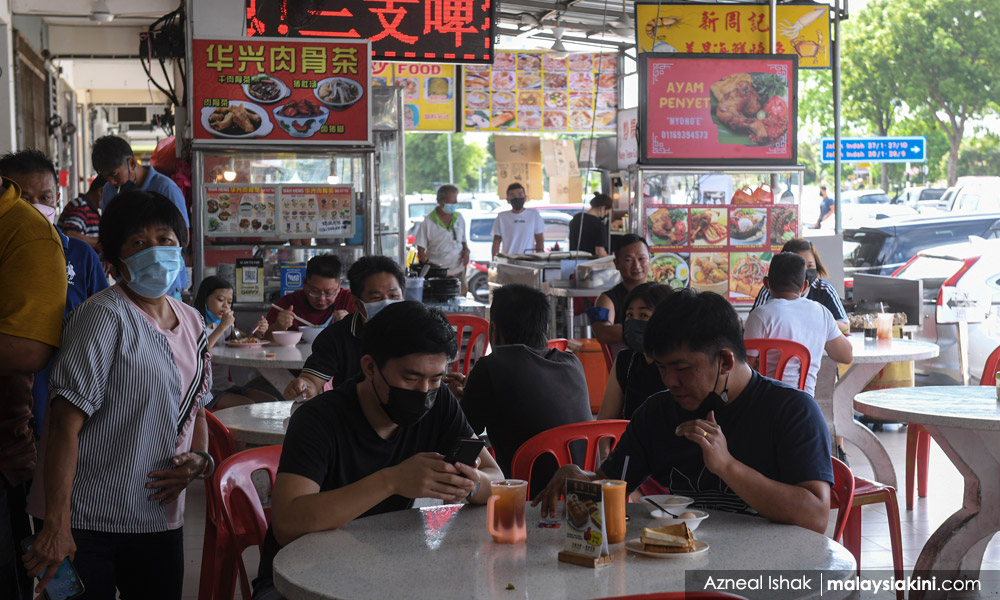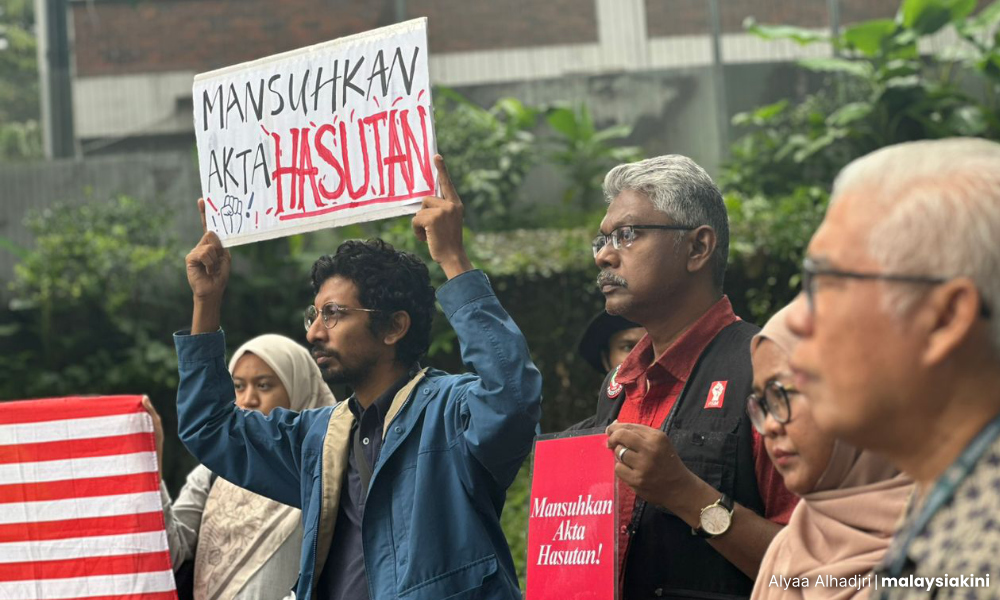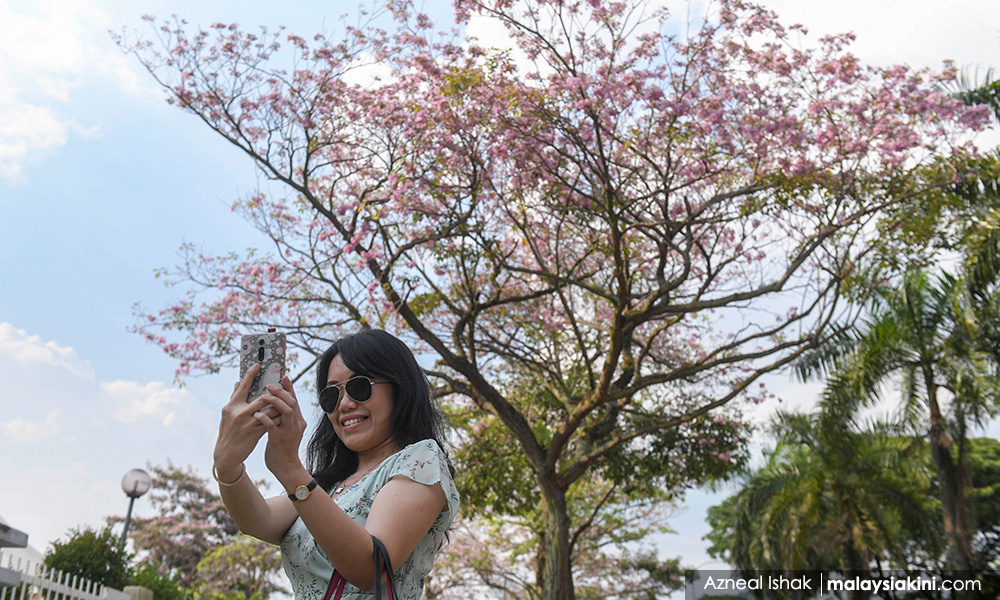I was very interested in a recent survey by global market research firm Ipsos regarding the professions most and least trusted by Malaysians.
The most obvious and most attention-grabbing, of course, were the two least trusted ones - politicians (41 percent), followed closely by social media influencers (36 percent), and government ministers (35 percent).
We can also look at the other end of the spectrum. The most trusted professions are teachers, doctors, scientists, and the armed forces.
But, I’ll tell you the truth, I was more interested in looking at the least trusted professions rather than the most trusted ones because, well, it just sounds more scandalous and sensational, which is why it makes an entertaining read. Don’t you agree?
I would like to hazard a guess as to why these professions are at the bottom rung. I will honestly say that it is just a guess, but a guess that is based on my own observations, readings, and opinions.
Go to any kopitiam or mamak restaurant and listen to what people talk about. Chances are if they were talking about politics, the most common phrase would be, “Ahh, all these politicians are the same lah. They just talk a lot but no real action!”, or something to that effect.

Of course, this kind of talk is really very anecdotal but there must be a reason why politicians have a general reputation like that.
Take for example the issue with how the media is being treated in Malaysia. The current Madani government consist of politicians and elected leaders who have long condemned laws such as the Sedition Act, Section 233 of the Communications and Multimedia Act, censorship, etc. They used to call them archaic, unconstitutional, and in violation of democratic and human rights.
This was all happening when they were in the opposition and had not formed the government. Recently, when they are already in the government, they have been criticised for not abolishing these laws and continuing to enforce them, although amendments and updates to these acts were tabled to make them more well-defined. Do read my previous opinion piece to understand in more detail what I really think about this:
I have to admit many of the amendments are an improvement, but why not just abolish the laws altogether? This is really the sentiment of many Malaysians out there, and how can you blame them? These same elected leaders were so loud and vocal in their protest of these oppressive laws before. Now they are in the government, and although they still agree these laws are oppressive, their tone has suddenly become so watered down resulting in quite tame improvements.
Of course, there can be many reasons why their tone has become so diluted and vanilla. I’m sure it isn’t easy once you suddenly form the government and realise that things aren’t as simple or black and white. There are a lot more things to consider when your perspective changes. But you need to make sure that even if the perspective changes, actions must still be based on right and wrong, ethical and unethical and, most importantly, what you have promised the voters.

Some degree of scepticism
For the general public, they will usually see things in more general terms. Some might take the time to be more detailed in their research and observations, but still, you cannot expect them to be experts in political observation even if they are supposed to be responsible voters.
With all that being said, I personally think that it is okay, and in fact rightfully so, that the general public always keeps some degree of scepticism towards politicians and government officials because that is how we can hold them accountable.
As for social media influencers, I also understand why they would be among the bottom when it comes to trustworthiness by the public.
A majority of these influencers are usually “reviewers” who review either food places, travel destinations, products and merchandise, movies, books, etc, and the fact that there really isn’t any transparent structure in place to convince people that these reviews are done in an objective and fair manner, scepticism will exist.

And just like for politicians, I think this is also perfectly normal and healthy so people aren’t too trusting leading to gullibility.
Basically, it all boils down to the fact that trust and distrust are something that can’t be dictated other than by the people who choose to do so. It is human nature that exists so that we can exist and survive.
The responsibility really lies on the people who have to be trusted to show and prove that they can be trusted. They cannot expect to be automatically and unconditionally trusted just because of their profession or position that they hold.
Oh and by the way, journalists lie quite in the middle of the survey with about 27 percent trustworthiness. - Mkini
ZAN AZLEE is a writer, documentary filmmaker, journalist, and academic. Visit fatbidin.com to view his work.
The views expressed here are those of the author/contributor and do not necessarily represent the views of MMKtT.

No comments:
Post a Comment
Note: Only a member of this blog may post a comment.